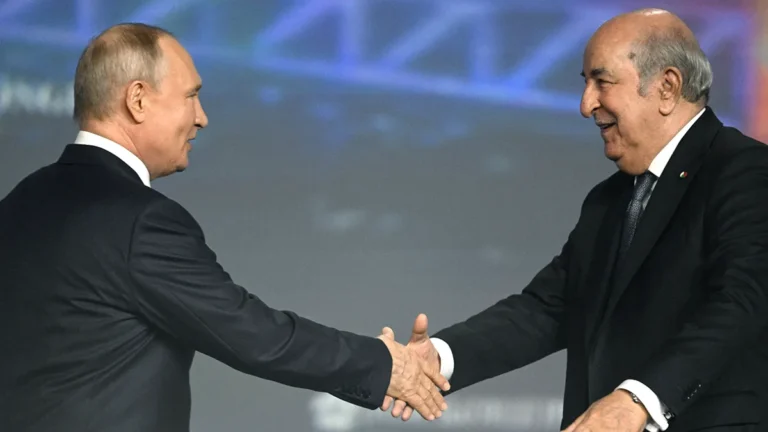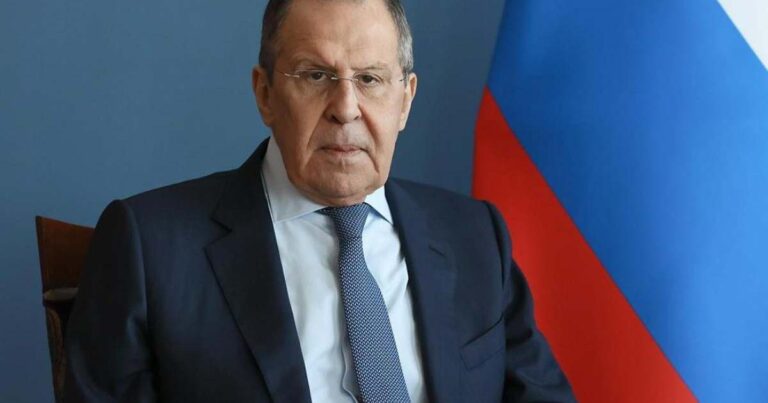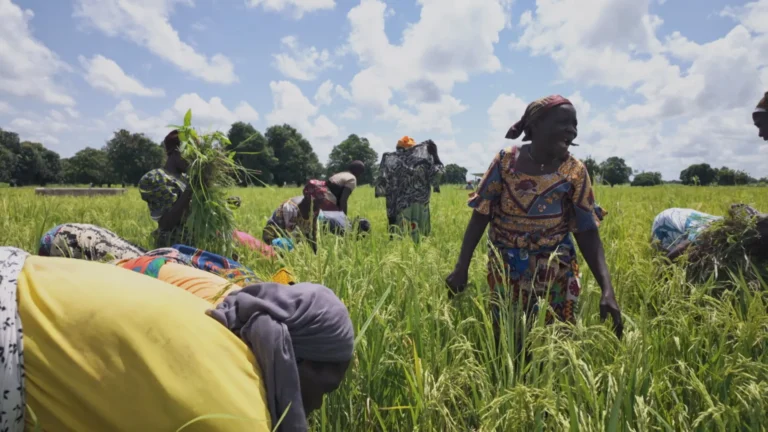
Zimbabwe has received formal backing from the Southern African Development Community (SADC) for its bid to secure a non-permanent seat on the United Nations Security Council (UNSC) for 2027-2028.
The announcement came on Thursday evening during the 80th session of the United Nations General Assembly (UNGA80), where Zimbabwe officially launched its campaign under the theme, “Advancing 21st Century Solutions for Global Peace and Security through Multilateralism.”
SADC Executive Secretary Elias Magosi expressed the region’s support, highlighting Zimbabwe’s candidacy as part of Africa’s broader push for increased representation and influence within the global multilateral system. “Zimbabwe’s campaign reflects our collective effort to ensure that African voices are heard and valued on the world stage,” he said.
Zimbabwean Foreign Minister Amon Murwira, chairing the launch event, reaffirmed his country’s dedication to peace, regional stability, and inclusive development. “Without peace, there can be no development,” he stated, adding that Zimbabwe would actively support initiatives aimed at silencing the guns, combating terrorism, and promoting dialogue at the international level.
If successful, Zimbabwe would join the ten non-permanent members of the Security Council for a two-year term, working alongside the five permanent members: China, the United States, France, Russia, and the United Kingdom. Non-permanent members are elected by the UN General Assembly through a two-thirds majority vote, with the next round of elections scheduled for June 2026.
Zimbabwe has previously held non-permanent seats on the Security Council during 1983-1984 and 1991-1992, giving it prior experience in navigating global security and diplomatic responsibilities. The current campaign emphasizes Zimbabwe’s intention to contribute constructively to global peace initiatives while amplifying Africa’s role in shaping international decisions.
The SADC endorsement is considered a crucial boost for Zimbabwe’s candidacy, reinforcing regional solidarity and enhancing the country’s chances of securing a place among the next generation of Security Council members.



